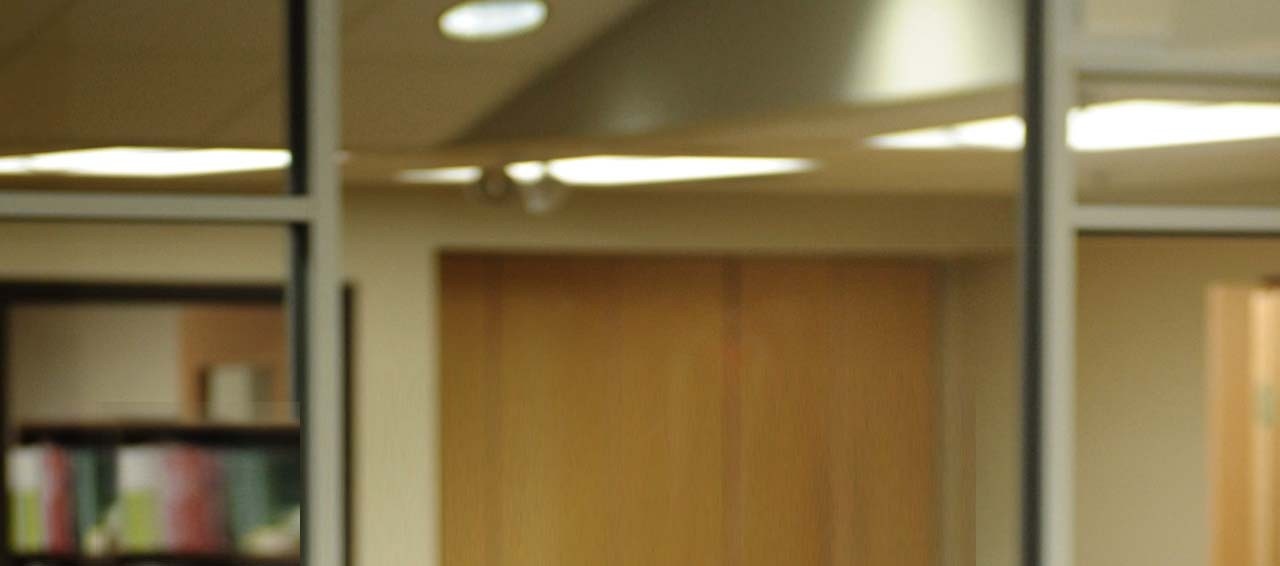Ryan Duggan
(BHSc'08 - Radiological Technology)
I like to think that everything’s an opportunity. Very early in my first year I discovered all the doors of opportunity that Radiological Technology could open. It’s not a one-dimensional program. There are so many different aspects to it, and a lot of possible career options.
Hard work pays off
Ryan Duggan comes from the tiny hamlet of Upper South River (pop. 60) in Nova Scotia’s Antigonish County. But even he was pleasantly surprised by the intimacy of Dalhousie’s School of Health Sciences.
“My university classes were smaller than my high school classes,” he says. “You can’t hide in a small class. You need to show up and participate, which is a very good thing because small classes also push you to do better.”
Ryan knew that he wanted some sort of science-based career, but wasn’t too familiar with radiological technology until he read some School of Health Sciences pamphlets at a high school academic fair.
“I liked the fact that the program would give me tangible skills after four years to make a contribution to the health-care system,” he says. “I wanted to do something to help people.”
The program turned out to be the right fit for Ryan, and set him on the path to his current job as a data analyst and project coordinator for the Nova Scotia Breast Screening Program.
“I was initially interested in doing X-ray as a career,” he says, “but when I was spending more time in the hospital in third year I realized there were some systematic problems with the health-care system that I wanted to work to change. I decided the best way to do that was to further my education, so I did a master’s in Health Informatics at Dal. That, combined with my knowledge of mammography from my undergrad, gave me a leg up to get this job.”
The Radiological Technology program helped Ryan prepare for the working world in other ways as well. It showed him that the more you put into something, the more you get out of it.
“It’s a small program so it gives a lot of opportunity to get involved,” he says. “It made me realize there’s a lot more than just the regular 9-5, and that you can do a lot more with your day. I was vice-president of the School of Health Sciences Student Association, and was involved with “For The Health Of It,” which is a play that’s put on every year to raise money for different charitable organizations.”
He has one piece of advice for students thinking about coming to Dal: be prepared for a challenge.
“In high school you show up and do your homework and you can get a 90,” he says. “In university you need to put in the extra effort and extra time. No one prepared me for that, but it’s good preparation for life and work. The instructors are incredibly helpful and always willing to talk. They don’t want to see you do poorly either, if you’re putting in the effort.”
